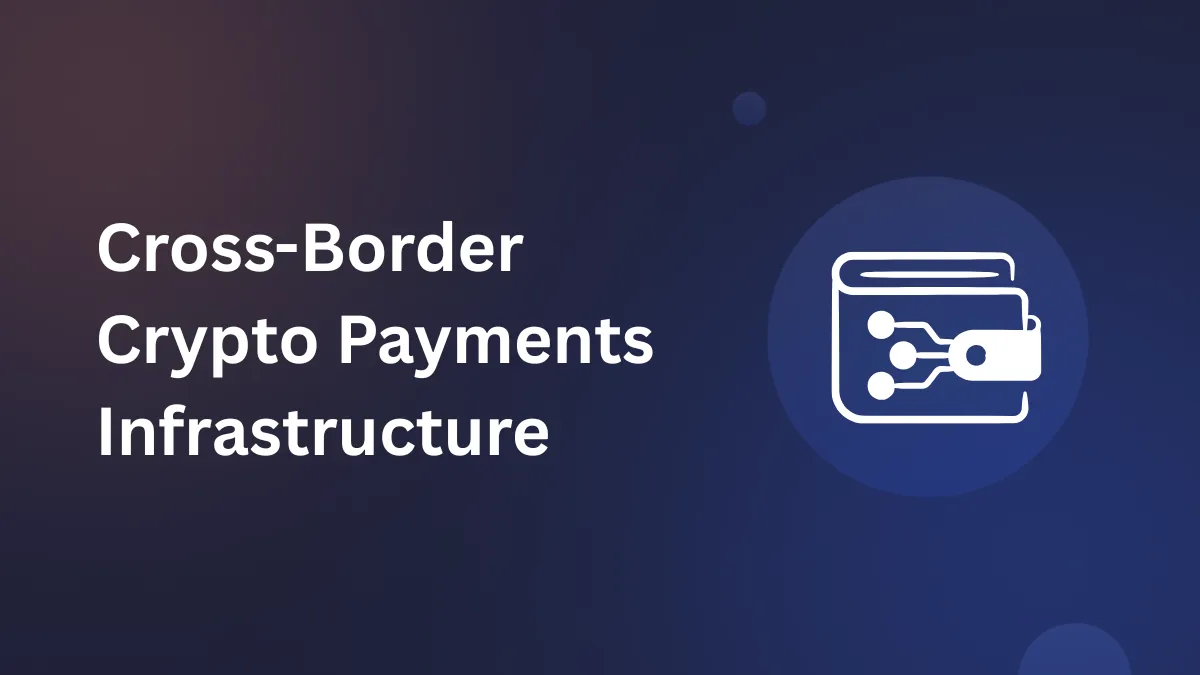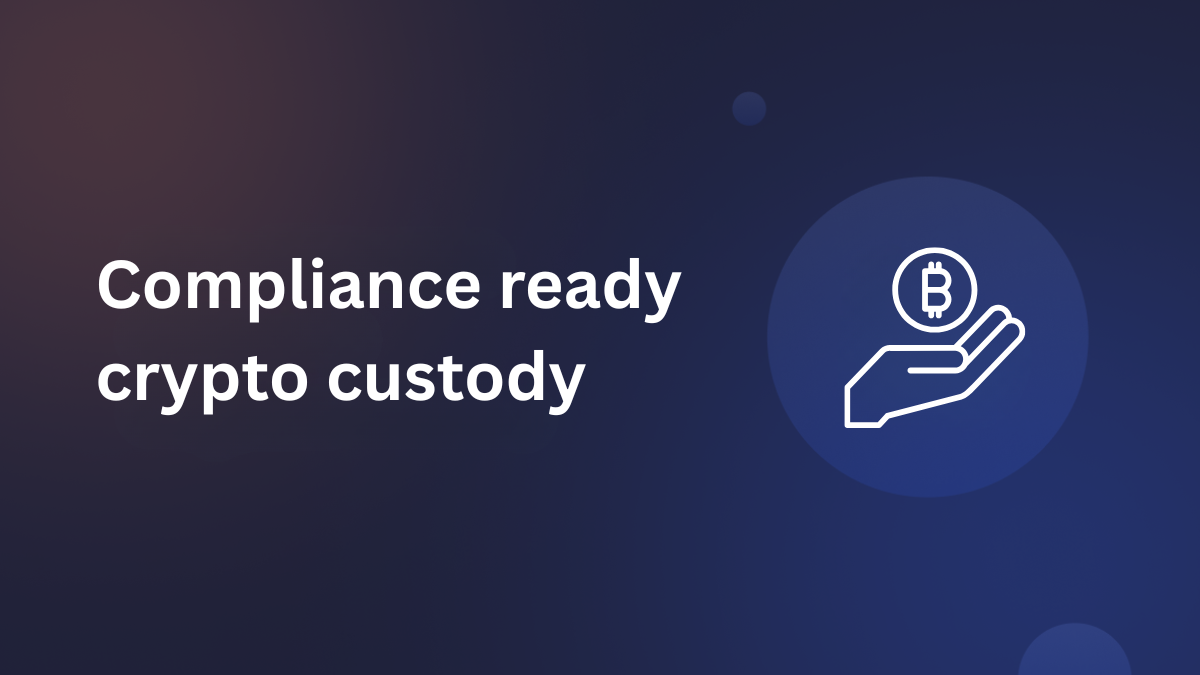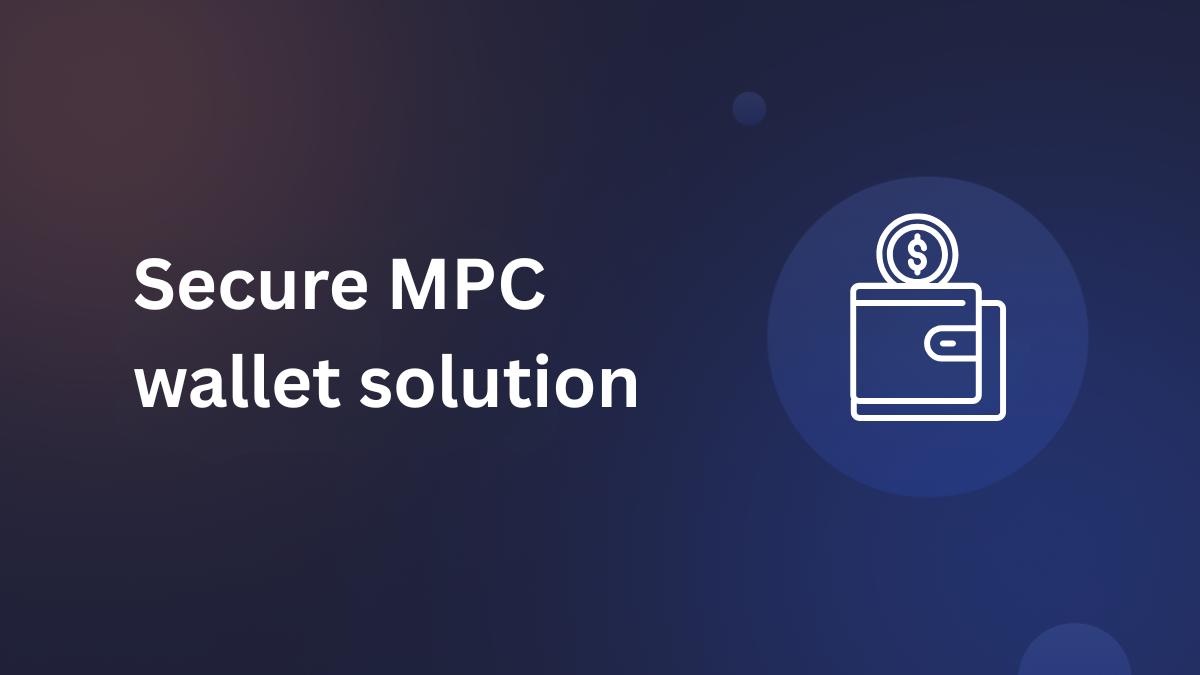Crypto-users who want to take every available measure of protection to secure their digital asset-holding are usually recommended crypto hardware wallets. It is often considered an excellent way to hold coins. But what exactly is a crypto wallet hardware device? The following sections take a deep dive into the nuts and bolts of the cryptocurrency wallet, specifically the hardware wallet.
What are cryptocurrency wallets?
Cryptocurrency wallets enable you to hold your private keys. These private keys give you access to a wide range of crypto-assets and currencies safely and securely. The purpose of the crypto hardware wallet is to let owners of digital assets hold and transfer crypto-assets without being constantly connected to the internet. Other than that, crypto-wallets allow you to trade cryptocurrencies such as Bitcoins, Dogecoin, Ethereum, and others over the exchanges and across Dapps. These wallets are available in different formats, from liminal-ledger hardware wallets to MetaMask wallets. It essentially makes shopping over web 3.0 protocols and Dapps convenient for every user.
Deep Dive: What is a crypto hardware wallet?
Crypto Hardware wallet is a cold wallet that offers you the most secure way to store private keys and hold cryptocurrencies and crypto-assets. The most significant difference between a hot and cold wallet is that a crypto hardware wallet keeps your private keys on an external physical device such as USB, NFC-enable, and Bluetooth-powered device. To set up and access a crypto hardware wallet, you must provide a 12- to 24-word “seed phrase”.
Unlock the potential of digital assets for your institution
To understand it better, you can correlate cryptocurrency wallets with an email address. But an email address that is only used for crypto-transactions and digital asset storage purposes. As a user, you can relate the functionality of public addresses with your email addresses, and private addresses can be related to your account’s password. You are supposed to keep your private keys hidden, just like you keep your passwords hidden and secure.
How exactly does crypto wallet hardware operate?
It is important to understand no crypto wallet hardware device stores your crypto-assets. These wallets only store your private keys. All your crypto-purchases are live on the blockchain. But to access all the crypto assets, you need private keys. Private keys are critical. It proves your ownership of digital assets and crypto-currencies. In fact, you can initiate a transaction over blockchain only after proving the ownership of the digital assets. This is the reason why as users, you should protect your private keys and try not to lose them. In fact, you must have multiple copies of private keys – in the form of a multi-sig wallet. Because losing your keys is equivalent to losing access to the assets stored inside your wallet.
Features of crypto hardware wallet:
- With a crypto hardware wallet, you get a top-notch level of security that is unattainable by any other crypto wallet.
- Crypto hardware wallets help keep your identity anonymous since none of your private keys get stored over a centralized server.
- The risk of cyber-attack is extremely thin since your ledger hardware wallet stores your private keys offline. Until and unless you don’t hand over the physical wallet device to a third party as well as provide them with the password to unlock the device, your wallet is less likely to get compromised.
- Crypto wallet hardware devices are essentially employed to sign transactions offline, improvising the overall security of the wallet.
- Hardware wallets for cryptocurrency and digital assets are compatible with a wide range of devices and computing devices – making operations easy for crypto-user.
- With newer updates, cold wallets such as trezor/ ledger hardware wallets and others are becoming easier to use.
- Built-in visual display panels, signing transactions offline, 2FA verification, and authentication mechanism make the crypto wallet hardware devices widely accessible and secure.
- Hardware wallets for cryptocurrency and crypto-assets are shipped with built-in software programs which help identify the public address. This built-in software help browse through public addresses and resolve the appropriate address prior to confirming the transaction.
- With the trezor/ ledger hardware wallet, there are multiple steps involved while setting up the wallet in the initial phases. But, to use it, you have to take extra steps, which is usually not the case with a software wallet.
- Crypto hardware wallets are often subject to all kinds of physical threats. Physical destructions of the crypto hardware wallet result in loss of funds.
- The cost of the physical crypto hardware wallet is higher-end. The price bracket usually ranges between expensive to the super expensive mark.
Secure and manage your digital assets with Liminal
Do you need one?
Absolutely, to leverage the global scale of the crypto-verse, you’re required to have a crypto wallet hardware device or web-based software wallet. Choices may differ based on your priorities. Both the crypto hardware wallet and hot wallet, such as web-based wallets, have their own pros and cons. You must assess wallets before you opt for one.
Often, crypto-users struggle with the question – Which one is the best? According to experts, the best hardware wallet for cryptocurrency storage purposes is the one that lets you keep full custody of the private keys, also referred to as non-custodial wallets. Usually, a hardware wallet for cryptocurrency storage purposes is categorized under non-custodial wallets but may differ based on the type of product you opt for.
Conclusion:
If you’re considering a wallet that helps keep your identity safe, keys protected from hackers, and digital assets in your custody, then a crypto hardware wallet is something you must consider. On the other hand, if you don’t want to keep keys in your custody, then web-based wallets might work for you.







